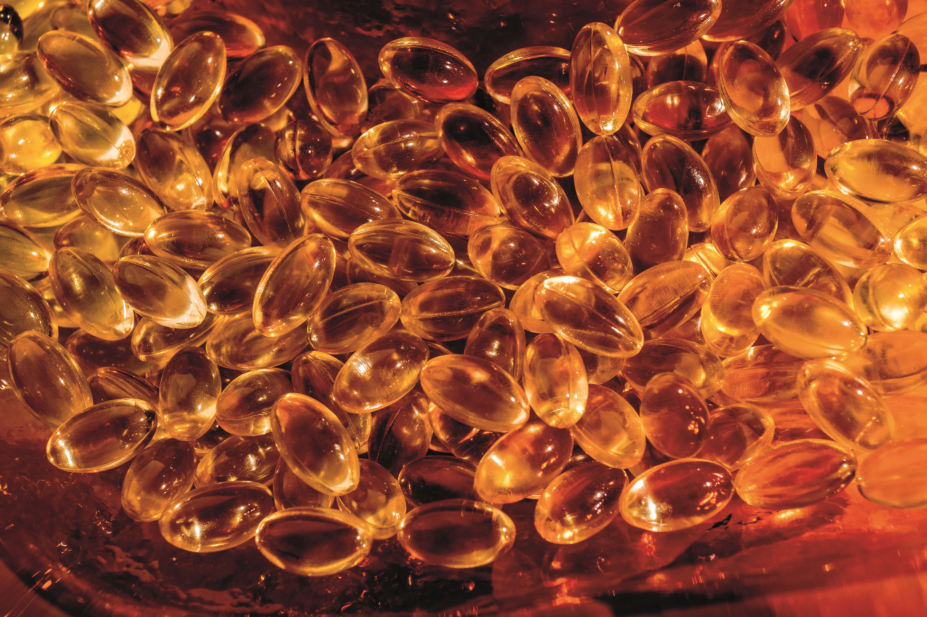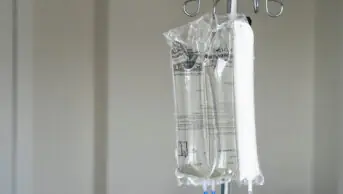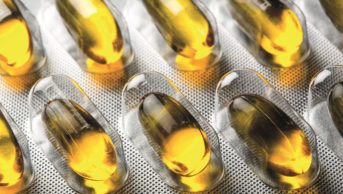
Shutterstock.com
All babies in Scotland should be given a daily supplement of vitamin D until they are one to help prevent rickets and poor bone health, according to new national guidelines written by Scotland’s chief medical officer (CMO) Catherine Calderwood.
The babies should receive a 8.5 to 10 microgram daily dose, says the advice, based on the results of Scotland’s Scientific Advisory Committee on Nutrition’s vitamin D review.
Babies under one who have at least 500ml of formula milk daily do not need a supplement, as these products contain additional vitamin D which meets the required daily recommendation, it says.
However, Calderwood warned that parents should understand that the supplements make up for loss of vitamin D caused by lack of access to sunlight, rather than any deficiency in breast milk.
“Advice… must be carefully considered as there is a risk that infant formula could be viewed as superior to breast milk,” she said.
Recommendations for children
The review also recommends that children aged one to four should receive 10 micrograms of vitamin D daily between October and March. Everybody aged five and older should also consider taking the same daily dose for the same winter months.
Others who are potentially as risk of vitamin D deficiency — including pregnant and breastfeeding women, housebound individuals and people from minority ethnic groups who have dark skin — should also take an all-year-round supplement, the Calderwood recommends.
Research published this week in The BMJ has found that there is insufficient evidence for robust recommendations on whether pregnant women should take vitamin D supplements[1]
.
References
[1] Roth D, Leung M, Mesfin E, et al. Vitamin D supplementation during pregnancy: state of the evidence from a systematic review of randomised trials. BMJ 2017;359:j5237. doi: 10.1136/bmj.j5237


